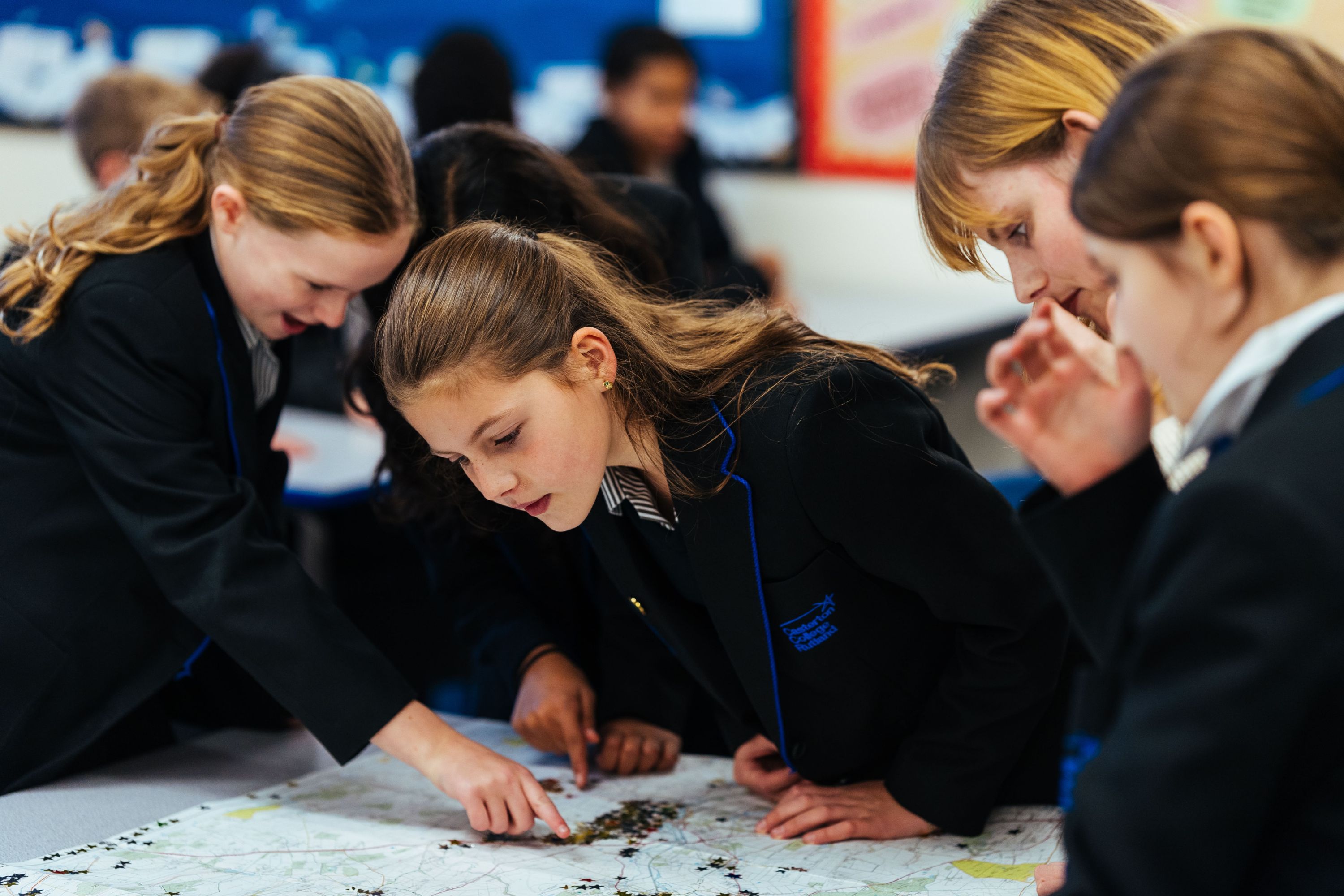A high-quality geography education should inspire in students a curiosity and fascination about the world and its people that will remain with them for the rest of their lives. Teaching equips students with knowledge about diverse places, people, resources and natural and human environments, together with a deep understanding of the Earth’s key physical and human processes. As they progress, their growing knowledge about the world should help them to deepen their understanding of the interaction between physical and human processes, and of the formation and use of landscapes and environments. Geographical knowledge, understanding and skills provide the frameworks and approaches that explain how the Earth’s features at different scales are shaped, interconnected and change over time.
Students will develop their geographical knowledge of natural processes and the ways in which humans interact with the physical world. The curriculum is relevant and current, including the study of climate change, poverty and resource use in order to prepare students for the biggest contemporary issues facing our planet so that students become well-rounded, global citizens.
